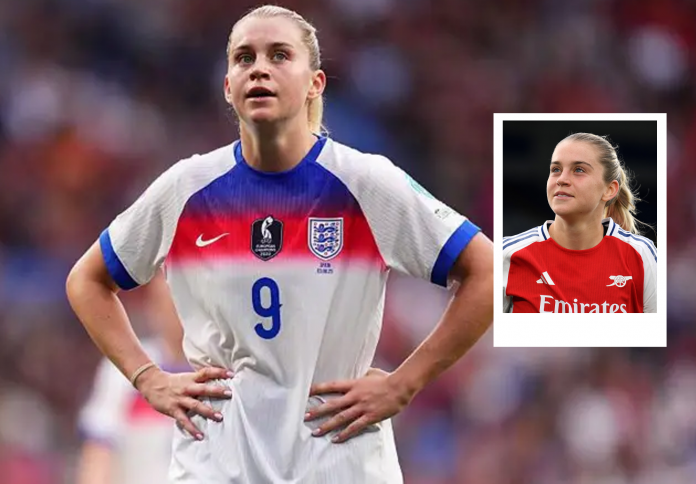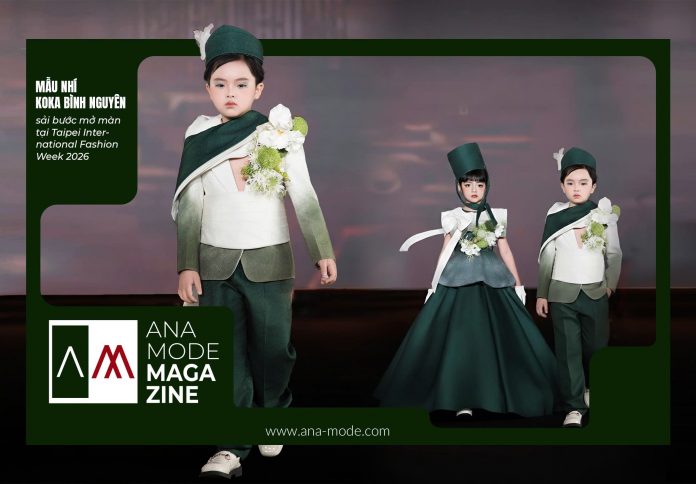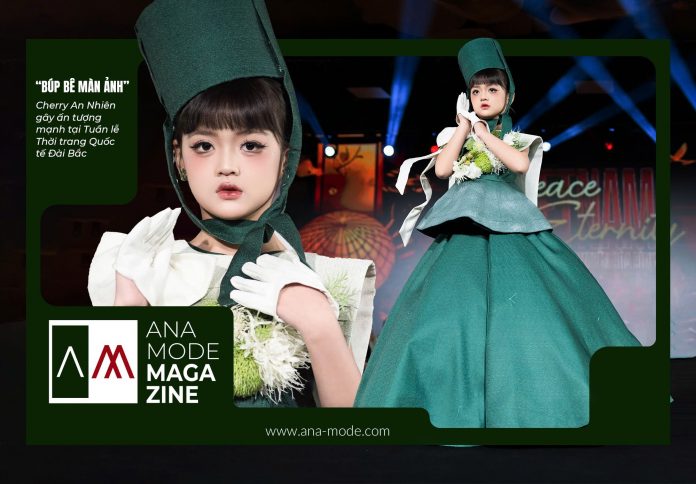As England’s Lionesses prepare to defend their European Championship title in Switzerland, several players are taking a stand—not just against their on-pitch rivals, but against a more insidious opponent: online abuse. From Alessia Russo to Lauren James, the squad is speaking openly about the toll social media can take during major tournaments—and why many of them are choosing to switch off altogether.
Choosing silence over scrolling
England striker Alessia Russo has learned the hard way about the dark side of social media. Ahead of next month’s Euro title defence, the 26-year-old Arsenal forward has confirmed that she will be stepping back from her accounts during the tournament—a decision based not on distraction, but self-preservation.
“I have faced it in the past and I think most players here have,” Russo explained. “When I was younger I probably got sucked into it more. I read it more than I should have and listened to it more than I should have.” During her first European Championship, Russo admits she scrolled through her feed between matches—often finding more criticism than encouragement. But by the time the 2023 World Cup came around, she had removed herself from the platform entirely, relying on a support team to manage her accounts so she could focus fully on football.
“It’s personal preference and whatever works for the team,” Russo said. “Staying away from it and staying focused as a team is what works for me.”
A shared experience across the squad
Russo is far from alone in this approach. Her Manchester United teammate Grace Clinton, just 22, also plans to stay away from social media to avoid what she describes as a “toxic environment.” Meanwhile, Chelsea star Lauren James was frank in her assessment: “The abuse never really stops.”
The Chelsea and England forward even described receiving messages unrelated to her actual performances. “Sometimes it’s not even to do with my performance—someone loses at FIFA, my card scores against them, and they’re sending me abuse,” James said. “I’m used to it. I’m going to just brush it off my shoulder.” But brushing it off isn’t always so easy, especially for younger players or those new to the spotlight. While seasoned athletes like James, Russo, and Keira Walsh—who no longer uses social media at all—have built mental strategies to cope, others remain more vulnerable to the emotional toll. “I think every player might have a different story about that side of the game,” Russo added. “But it’s definitely one that can be really damaging.”
Impact beyond the players
While much of the abuse is directed at the athletes themselves, the emotional fallout rarely stays contained. Defender Lucy Bronze highlighted how social media toxicity often spills over to affect players’ families and loved ones.
“People write horrible things and obviously our families read it as well,” Bronze said. “It can be upsetting if you see something that’s not very nice.” The players’ growing openness on this issue marks a significant cultural shift. No longer are online threats and trolling seen as “part of the job” for professional athletes, especially women in sport. Instead, they are being called out as unacceptable intrusions into the lives of people who already carry enormous public pressure.
As Bronze summed it up: “Social media is amazing in one way and absolutely awful in another. I think most of us have been off at some point.”
Respecting individual choices
Still, not all players have chosen to fully disconnect. Midfielder Ella Toone, for instance, said she will continue using Instagram throughout the tournament—but with clear boundaries in place. “I know other people turn their phones off,” she said. “We have that conversation and all know how each other wants to go through the tournament.”
Respecting each other’s choices is crucial, Toone added. “If I see something on Instagram I’m not going to tell someone or blurt it out to the team because they don’t want to see it. I think it’s a personal preference.” Toone also emphasized the importance of supporting less experienced teammates, especially those facing the pressures of their first major tournament. Having faced online abuse themselves in earlier stages of their careers, both she and Russo have taken it upon themselves to guide and protect the newer members of the squad.
“We’ve always been the people that want to make sure the younger or less experienced players coming into the squad feel relaxed and feel OK,” Toone said. “We have such a talented squad… we want to make sure they are at ease and feel confident within themselves.”
A conversation that’s here to stay
The Lionesses’ candidness is both timely and necessary. Just days earlier, British tennis star Katie Boulter revealed to BBC Sport the scale of online abuse and even death threats she had received—highlighting how widespread the issue has become across women’s sport.
As digital platforms become further entwined with professional sports culture, the mental health of athletes is under greater scrutiny than ever before. And with the European Championship just weeks away, the England squad is reminding fans, pundits, and trolls alike that their performance on the pitch should not open the door to personal attacks off it. The message from the Lionesses is clear: footballers are not bulletproof. And if the price of peace of mind is stepping offline, then that’s a price many of them are more than willing to pay.










